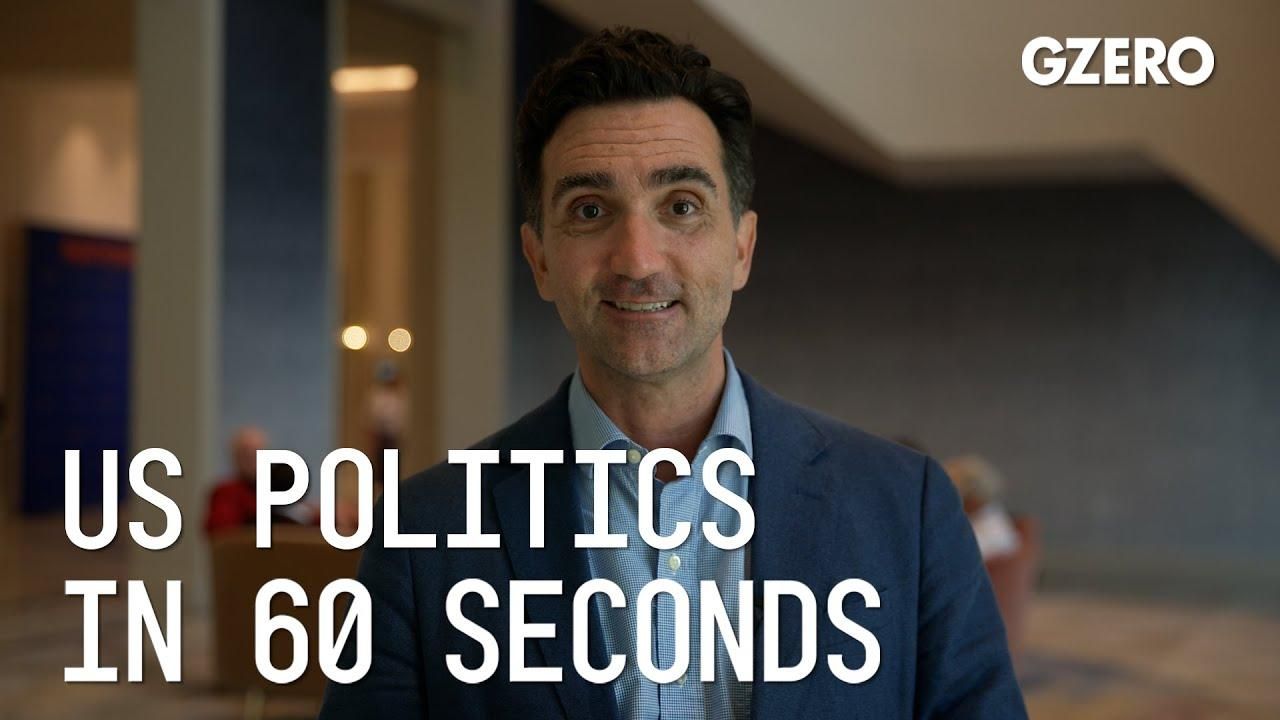
Jon Lieber, head of Eurasia Group's coverage of political and policy developments in Washington, DC reports from the 2022 National Conservative Conference in Miami, Florida.
What is national conservatism?
I'm down here in Miami, Florida, attending the third annual National Conservative Conference where we're hearing from a large group of conservatives who want to rethink the foundations that have held together the American Right for the last 50 years. Part of this is in response to Donald Trump's surprising election in 2016 and his dismantling of the conservative coalition that had supported the Republican Party to that point. Another big theme that we're hearing about is a reaction to what folks here call the woke Left who, in their mind, have dominated educational, business, and cultural institutions for a very long time and have pushed out the traditional Christian conservative values that built this country.
Coming out of that, some of the conference organizers want to explicitly allow states to bring back religious education into schools in order to make the United States once again a more explicitly Christian nation. Other folks here put an emphasis on de-emphasizing the role of free market economics, in what used to be known as the conservative three-legged stool between cultural conservatives, national conservative hawks, and free market economics. They want to take economics out of this altogether and capitalize on the political gains that were made by President Donald Trump, pushing a much more economically populist type of political philosophy.
And then I think one of the final big themes that we're hearing about today is that the era of limited government is over in the US. For the folks that are gathered here today, they see a much more robust role for taking power in the US and then using that power to advance conservative causes. For example, by reforming the civil service —— one speaker talked about putting term limits in place, not only for elected officials, but also for federal bureaucrats —— so that you didn't have these group of empowered Americans who had these jobs for decades and decades and could push policies that the national conservative movement does not like.
The conference has gathered together a range of folks from political philosophers, religious leaders, several leading Republican politicians including Florida Governor Ron DeSantis, Florida Senator Rick Scott, Florida Senator Marco Rubio, and Missouri Senator Josh Hawley, along with a number of conservative intellectuals who are engaging in this robust debate around the future of what conservatism is in the US politics.
- Dysfunction and direction in American politics - GZERO Media ›
- Trump's 2024 outlook: more vulnerable after Jan 6 hearings ... ›
- Biden vs. MAGA Republicans - GZERO Media ›
- Victory for US conservatives: Roe v. Wade overturned by SCOTUS ... ›
- Podcast: Conservatives no more? Why Chris Christie is criticizing Trump and DeSantis - GZERO Media ›